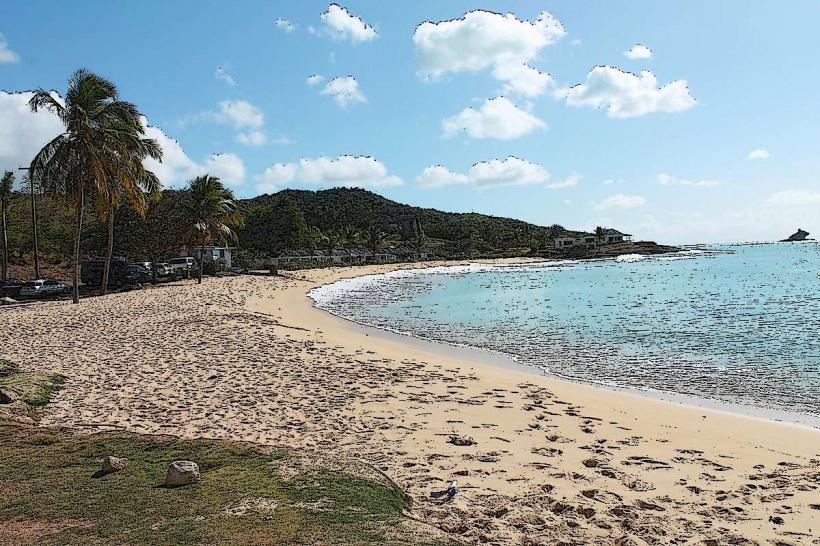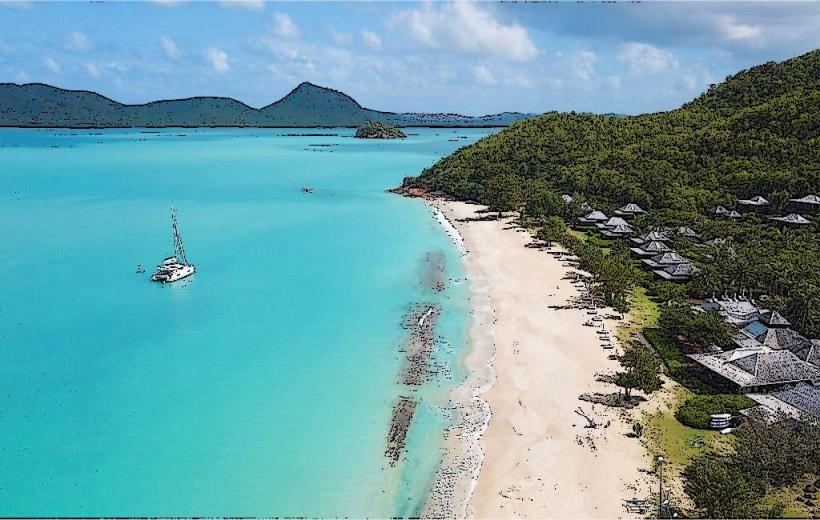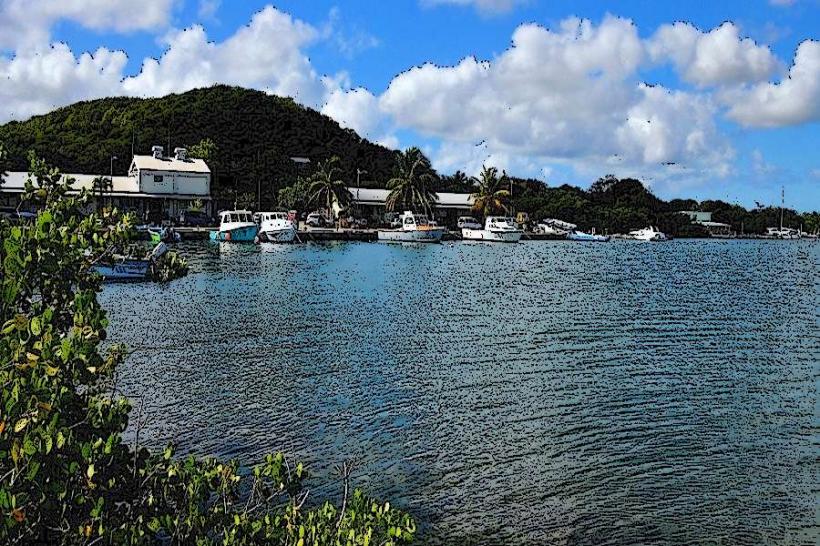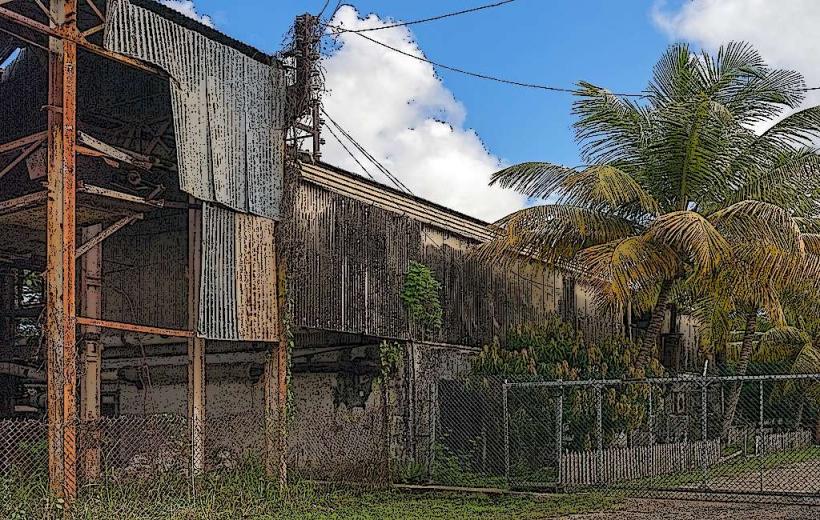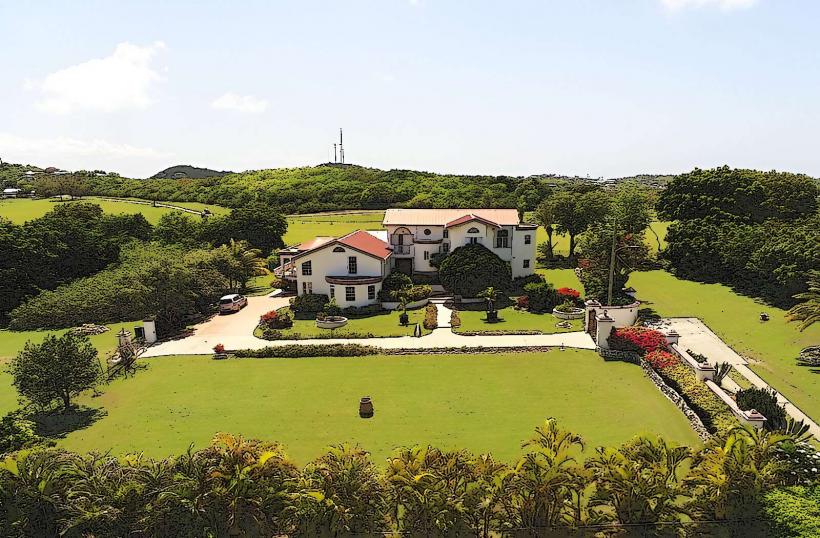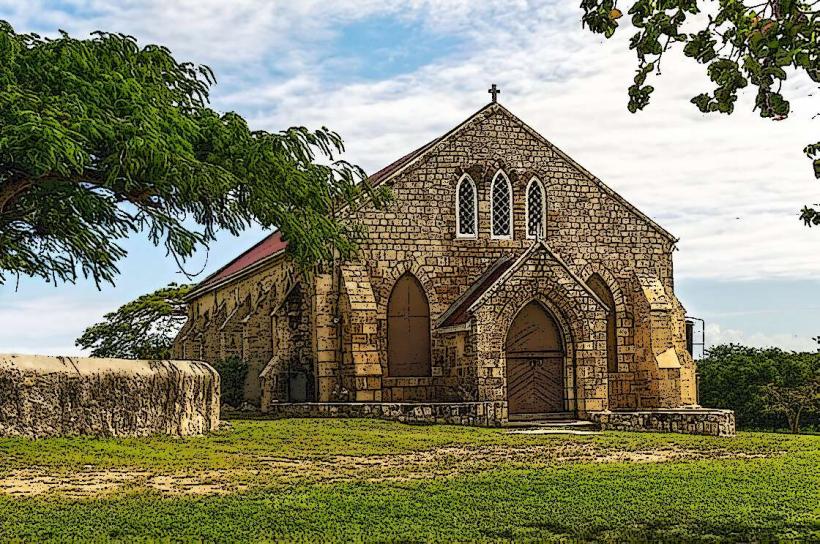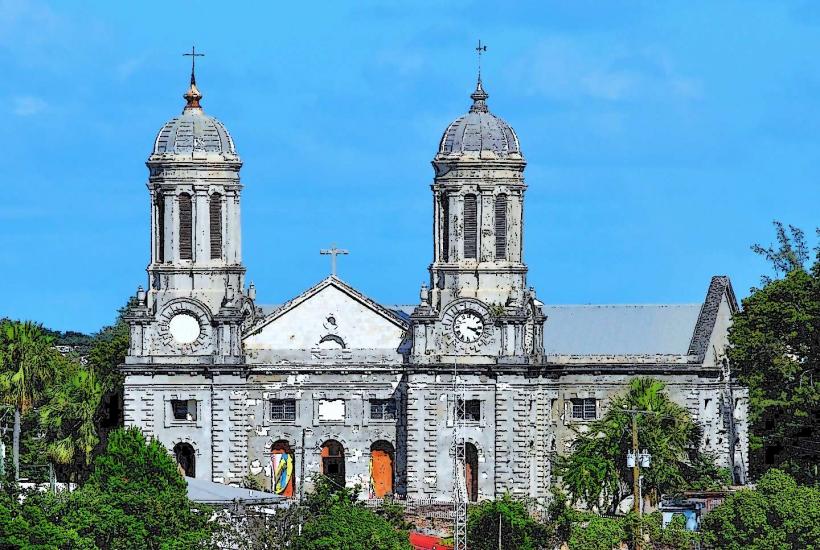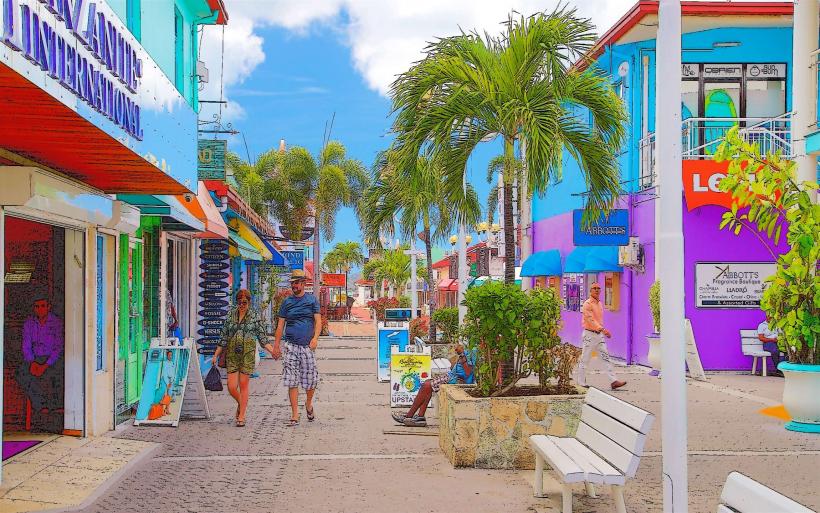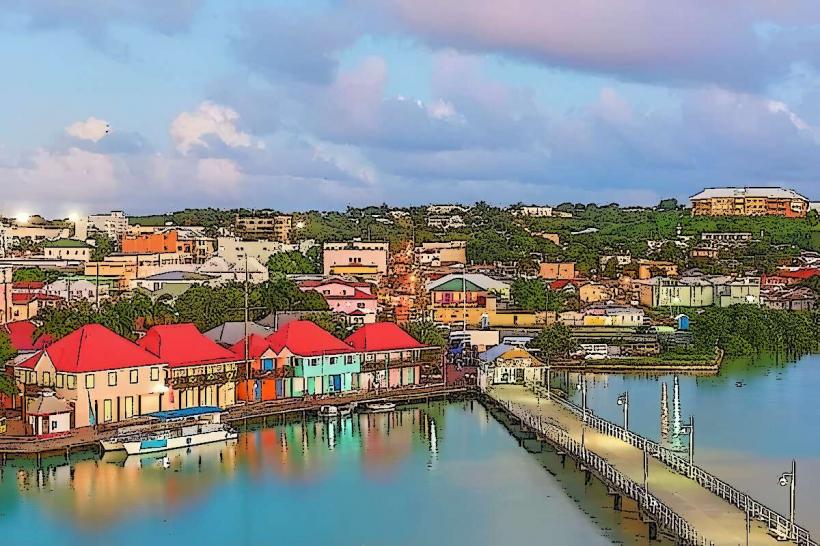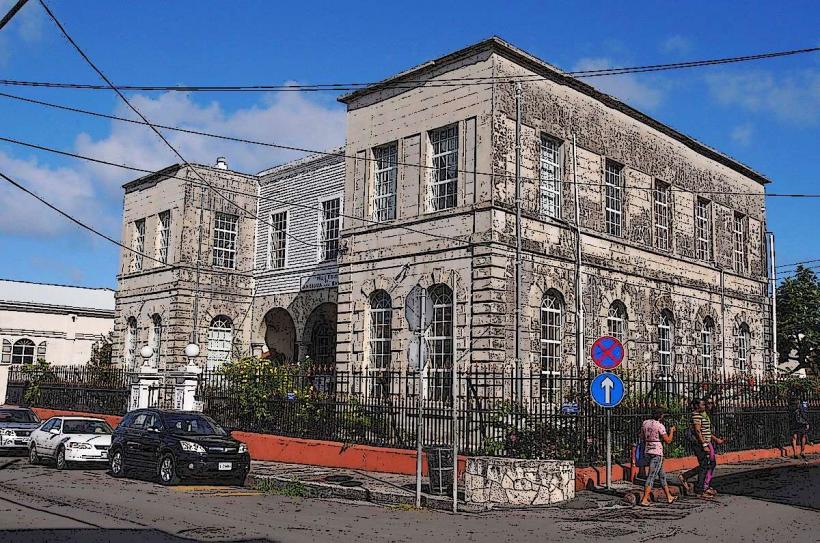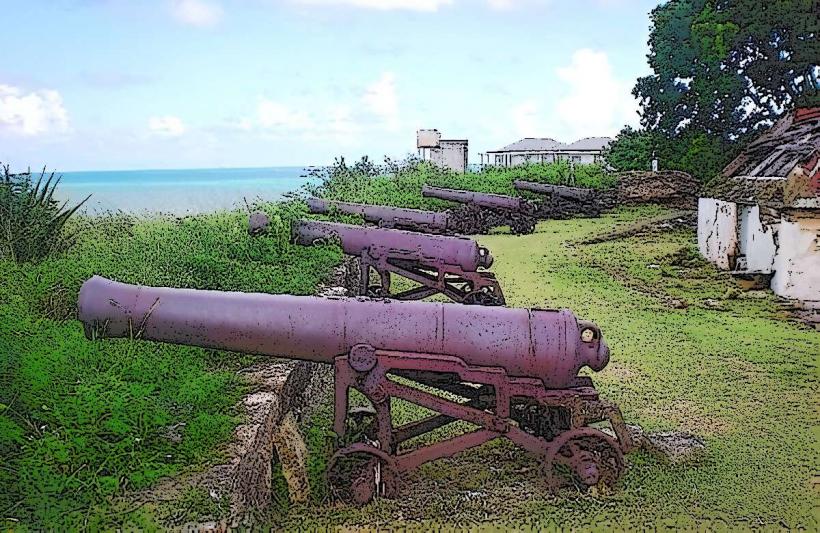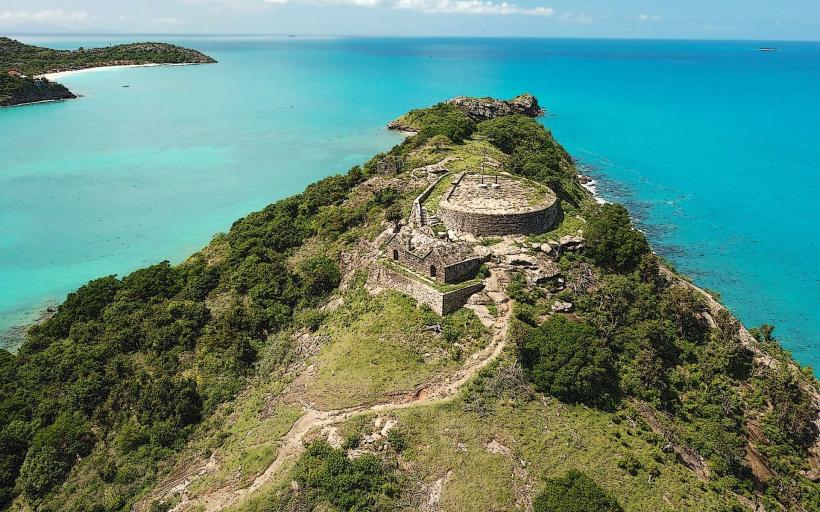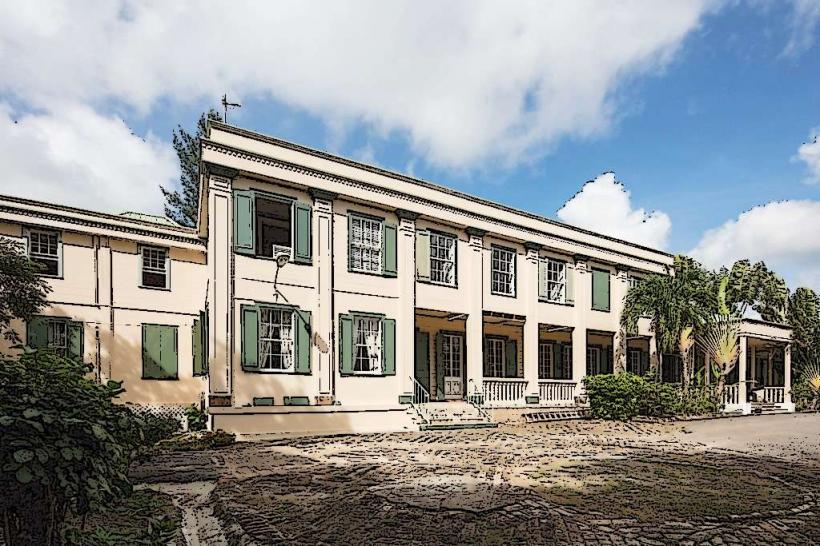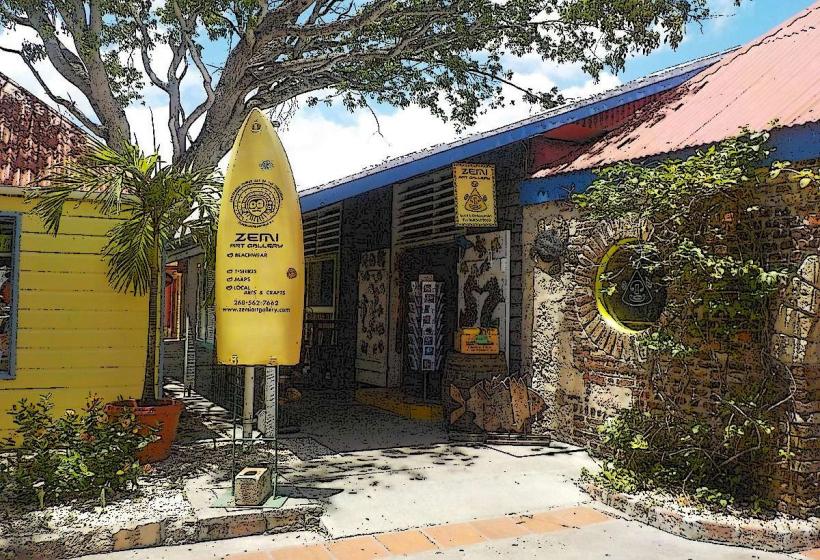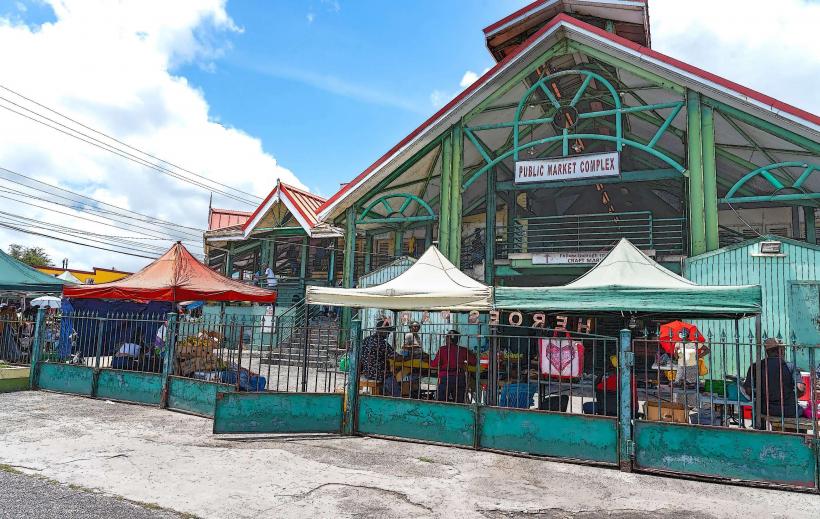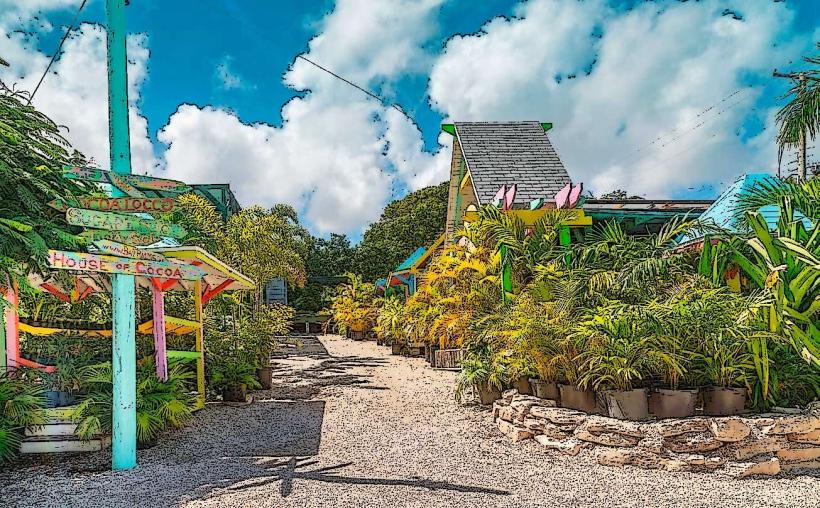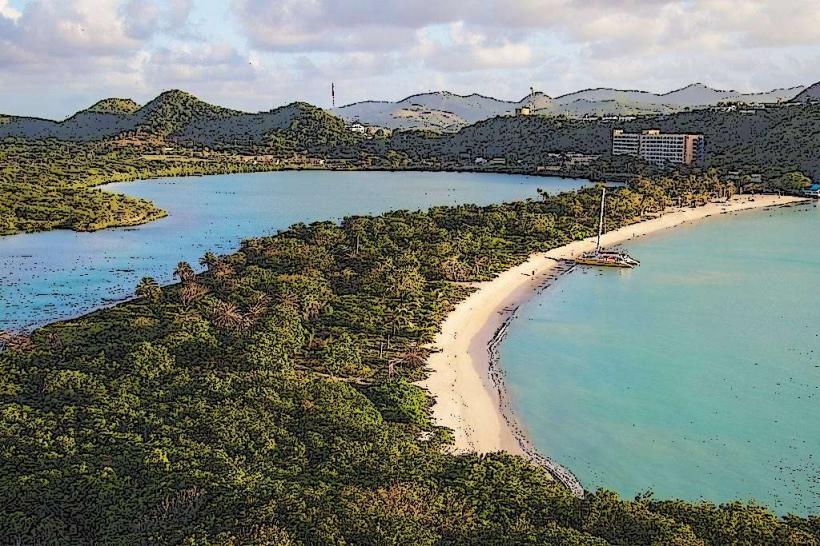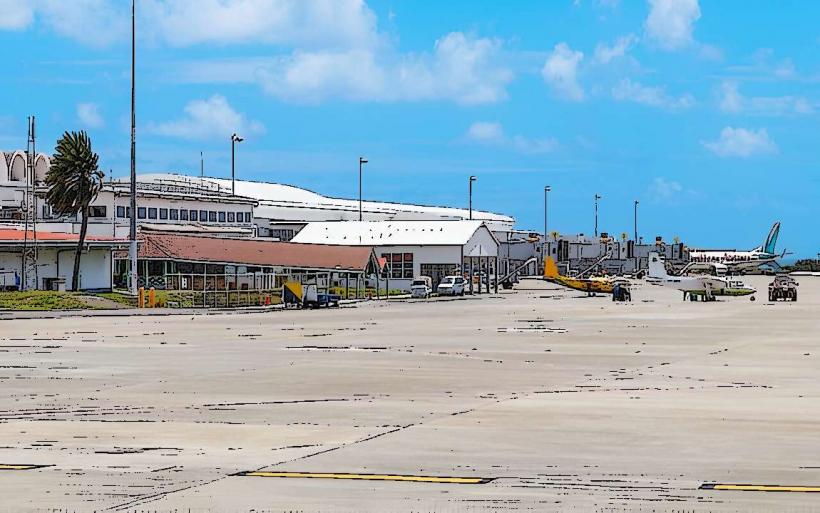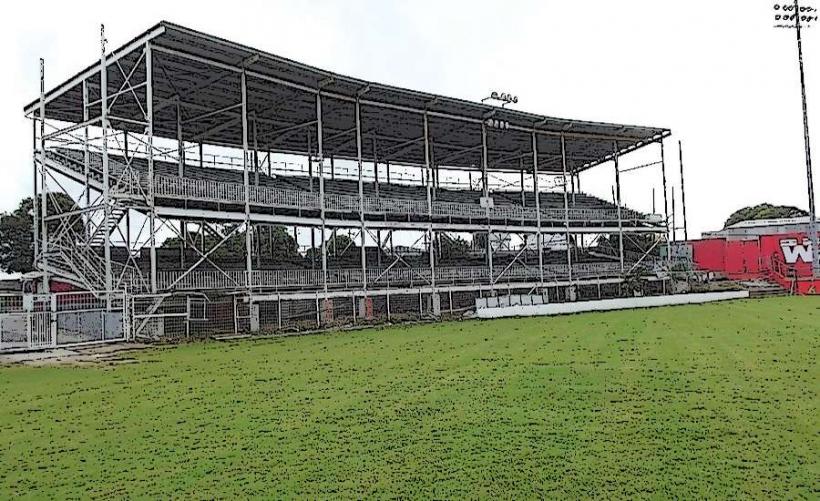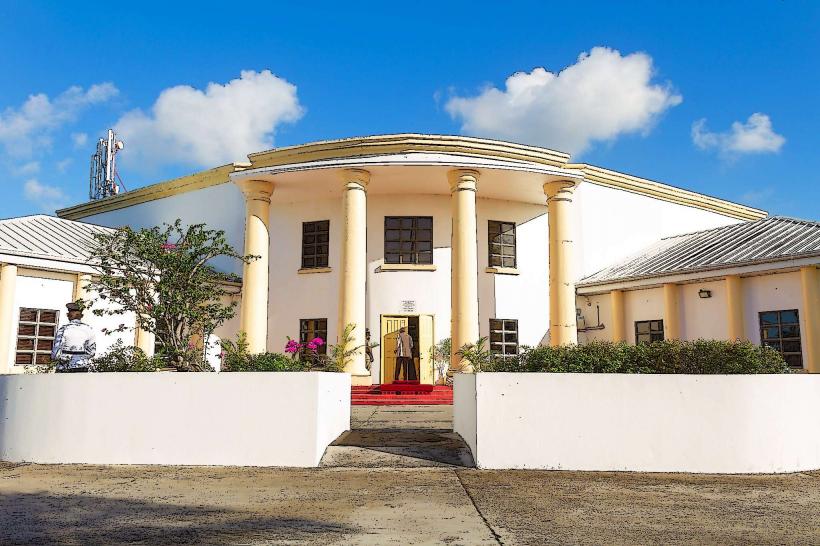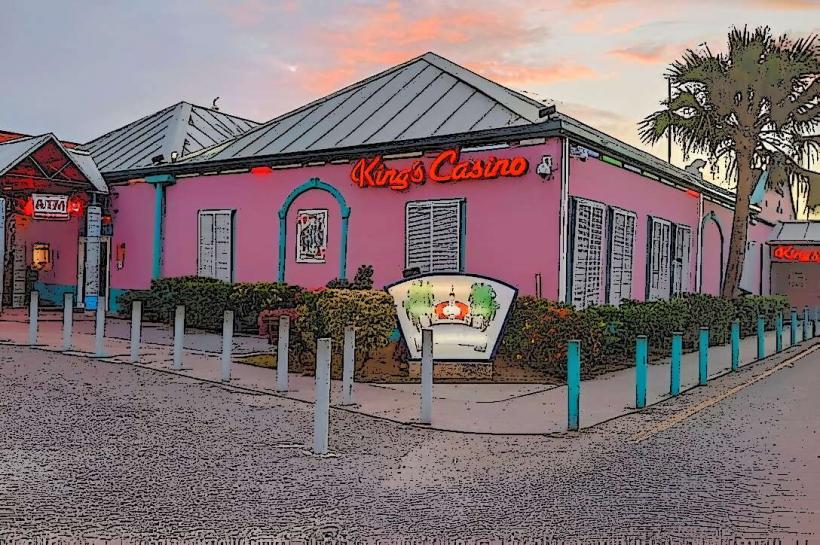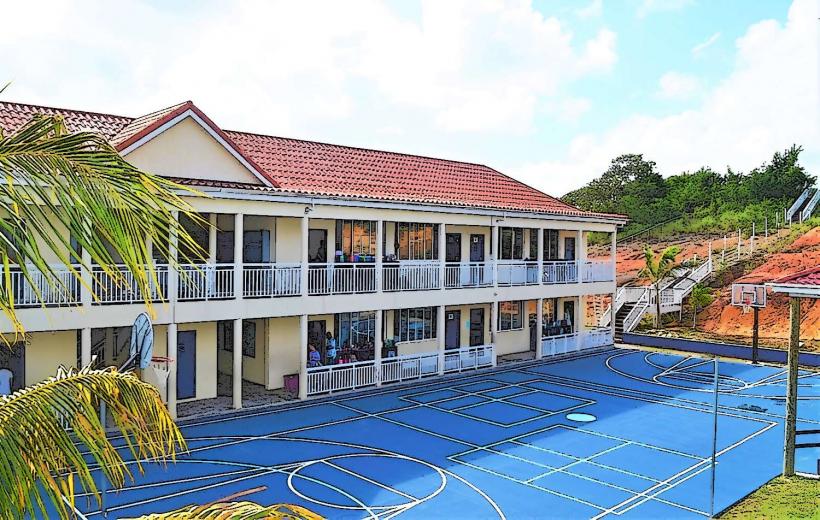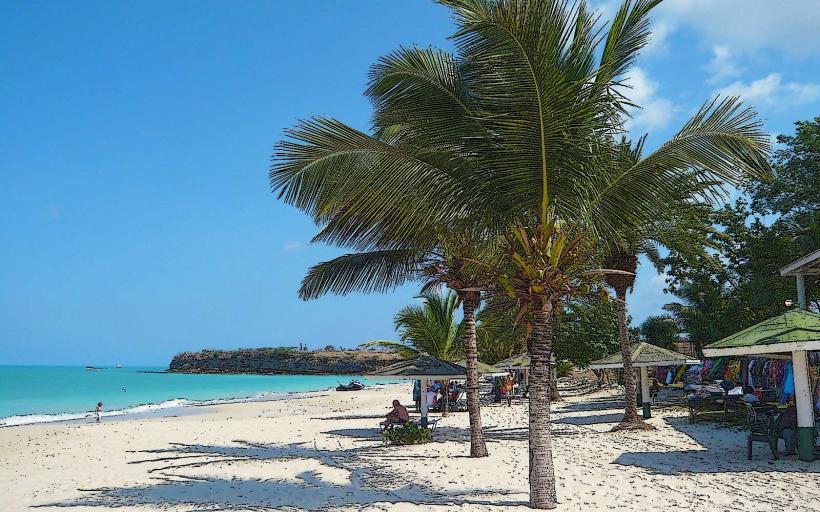Information
Landmark: Museum of Marine ArtsCity: St Johns
Country: Antigua and Barbuda
Continent: North America
Museum of Marine Arts, St Johns, Antigua and Barbuda, North America
The Museum of Marine Arts is a cultural institution located in St. Johns, Antigua and Barbuda. It focuses on the intersection of marine life and artistic expression.
Visual Characteristics
The museum building is a two-story structure constructed primarily from coral stone and painted a pale yellow. Its roof is made of red clay tiles. The facade features arched windows and a central entrance with a carved wooden door depicting local sea creatures. The interior exhibits are housed in rooms with white walls and polished concrete floors.
Location & Access Logistics
The museum is situated in the heart of St. Johns, approximately 0.2km inland from the cruise ship terminal. It is accessible via Market Street. Limited street parking is available on adjacent roads, often requiring payment. Public bus routes 1, 2, and 3 stop within a 5-minute walk at the central bus station.
Historical & Ecological Origin
The building was originally constructed in the late 19th century as a customs house. It was repurposed and opened as the Museum of Marine Arts in 2005. The exhibits draw inspiration from the diverse marine ecosystems of the Caribbean Sea, including coral reefs and pelagic zones.
Key Highlights & Activities
Visitors can view sculptures crafted from reclaimed fishing nets and driftwood. The museum features a collection of paintings and illustrations depicting endemic marine species. Interactive displays explain the life cycles of local fish and invertebrates. Photography is permitted without flash.
Infrastructure & Amenities
Restrooms are available on the ground floor. Limited shaded seating is provided in the small courtyard. Cell phone signal (4G) is generally reliable within the museum. No food vendors are located on-site, but several restaurants are within a 10-minute walk.
Best Time to Visit
The museum is best visited during midday to avoid peak morning cruise ship visitor traffic. The best months for weather are generally December through April, with lower humidity and consistent sunshine. No specific tide requirements affect access.
Facts & Legends
A local legend states that the carved wooden door was inspired by a dream of a fisherman who claimed to have seen a mermaid guiding him to a bountiful catch. The museum's collection includes a piece of fossilized coral estimated to be over 10,000 years old.
Nearby Landmarks
- St. John's Cathedral (0.3km Northwest)
- Museum of Antigua and Barbuda (0.4km West)
- Market Square (0.2km Southwest)
- Naval Dockyard Museum (12km Southeast)

